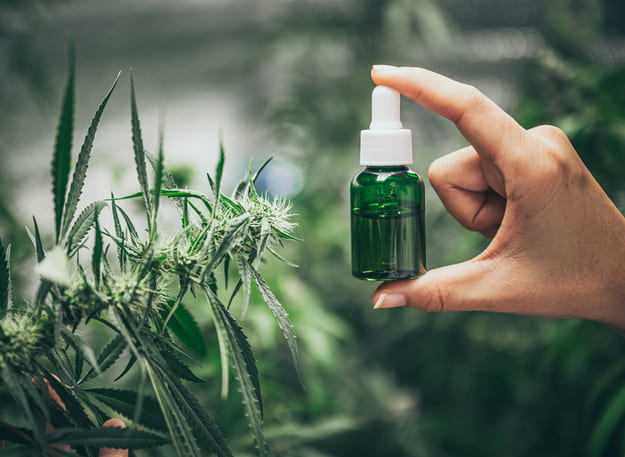Everything You Need To Know About Hemp
Home > Products
Hemp, What & Why?
Hemp is a versatile plant belonging to the Cannabis sativa L. species. It features a slender fibrous stalk, palmate leaves, and small clustered flowers. Cultivars of hemp are selectively bred for specific purposes, including:
Low THC content: Hemp cultivars have low levels of THC (tetrahydrocannabinol), the psychoactive compound in cannabis.
High CBD content: Some hemp cultivars are bred for higher levels of CBD (cannabidiol), a non-intoxicating compound with potential therapeutic properties.
Fiber production: Certain hemp cultivars have long, strong fibers suitable for industrial applications like textiles, rope, and construction materials.
Seed production: Hemp cultivars bred for seeds are used for human consumption, animal feed, and hemp seed oil production.
Dual-purpose cultivars: Some cultivars balance CBD content with fiber or seed production, offering a combination of CBD and industrial uses.
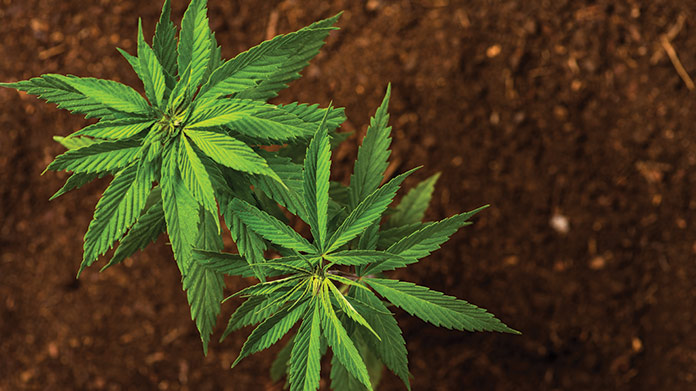
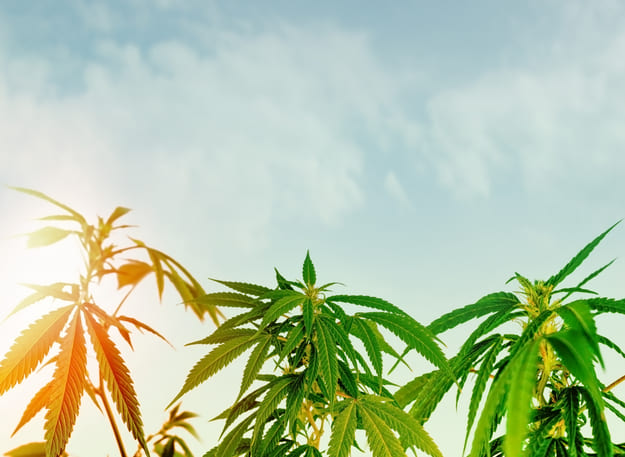
Cannabinoids
Cannabinoids are a group of chemical compounds naturally found in the Cannabis plant. They interact with the endocannabinoid system in the human body, influencing various physiological processes. The two most well-known cannabinoids are THC (delta-9-tetrahydrocannabinol) and CBD (cannabidiol).
THC is the primary psychoactive compound in cannabis, responsible for the “high” sensation often associated with marijuana use. It interacts with cannabinoid receptors in the brain, producing various effects on mood, cognition, and perception.
CBD, on the other hand, is non-psychoactive and does not produce a euphoric effect. It is known for its potential therapeutic properties, such as anti-inflammatory, analgesic, and anxiolytic effects. CBD can interact with cannabinoid receptors throughout the body, influencing processes like pain perception, immune response, and mood regulation.
Apart from THC and CBD, there are numerous other cannabinoids present in cannabis, each with its own potential effects and benefits. Some examples include CBG (cannabigerol), CBC (cannabichromene), and CBN (cannabinol). Researchers continue to study cannabinoids to better understand their effects and potential applications in medicine and wellness.
Regulatory Framework
At KruSwiss, we are proud to maintain licenses for hemp production and export in all countries where we operate. Our commitment allows us to legally export products from South Africa and Zimbabwe, showcasing our dedication to compliance and quality.
The regulatory framework for hemp and CBD consists of laws and guidelines governing cultivation, processing, distribution, and sale. It differentiates hemp from marijuana based on THC content, with hemp containing less than a specified threshold.
Licensing and compliance guidelines are in place for cultivation, ensuring adherence to specific planting, harvesting, and testing requirements.
Regulations also cover CBD extraction, manufacturing, and labeling of products.
In some jurisdictions, additional permits and strict quality control measures are necessary for CBD product sales, including mandated lab testing. Marketing claims and labeling requirements are regulated to prevent misleading information.
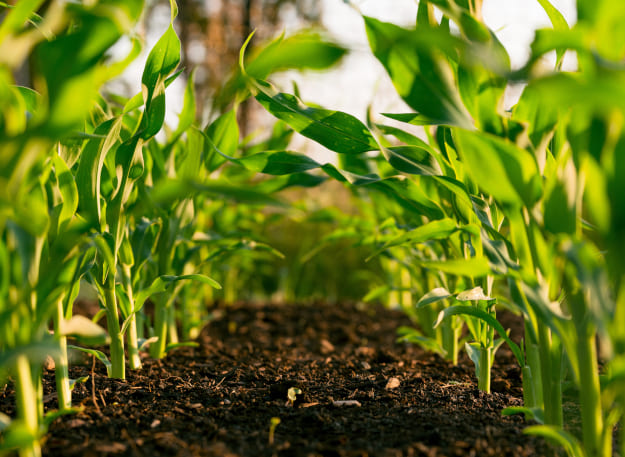
Hemp, Food & Benefits For Human Health
Macro and micronutrients of the seeds
Hemp is more than just a plant—it’s a nutritional powerhouse that offers a multitude of benefits for human health.
Hemp seeds are packed with essential macro and micronutrients that are vital for overall well-being. They are a rich source of protein, healthy fats, and dietary fiber, making them an excellent addition to a balanced diet. With a perfect balance of omega-3 and omega-6 fatty acids, hemp seeds promote heart health and support brain function. They are also a great source of vitamin E, an antioxidant that helps protect the body’s cells from oxidative stress.
Characteristics of cold-pressed oil
The cold-pressed oil extracted from hemp seeds retains its natural goodness and delivers numerous health benefits. This oil is renowned for its optimal ratio of omega-3 to omega-6 fatty acids, which promotes a healthy inflammatory response and supports joint health. Cold-pressed hemp oil is also a fantastic source of gamma-linolenic acid (GLA), a rare omega-6 fatty acid known for its potential to reduce inflammation and support skin health.
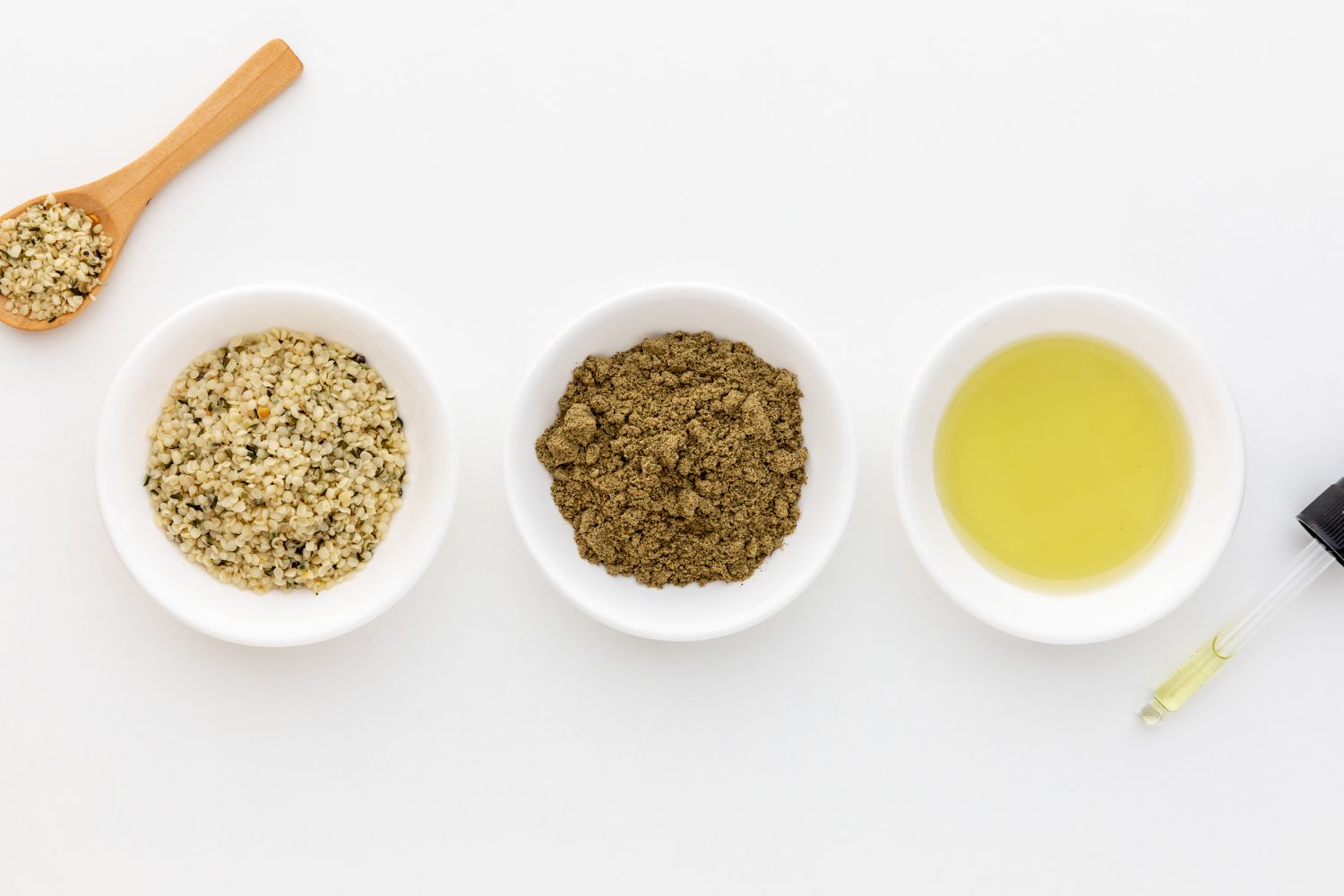
CBD & THC Applications for Human Health
CBD and THC are powerful compounds have been linked to various applications that can support well-being. CBD and THC have shown promise in supporting the immune system, reducing inflammation, managing sclerosis symptoms, alleviating arthritis discomfort, and providing relief from chronic pain.
